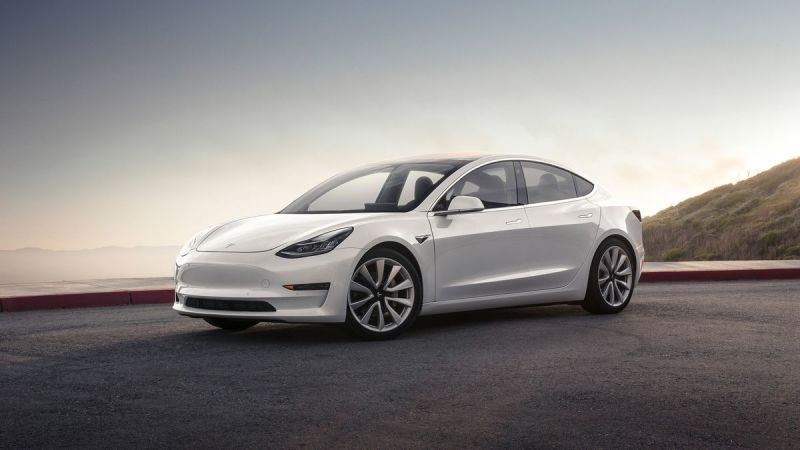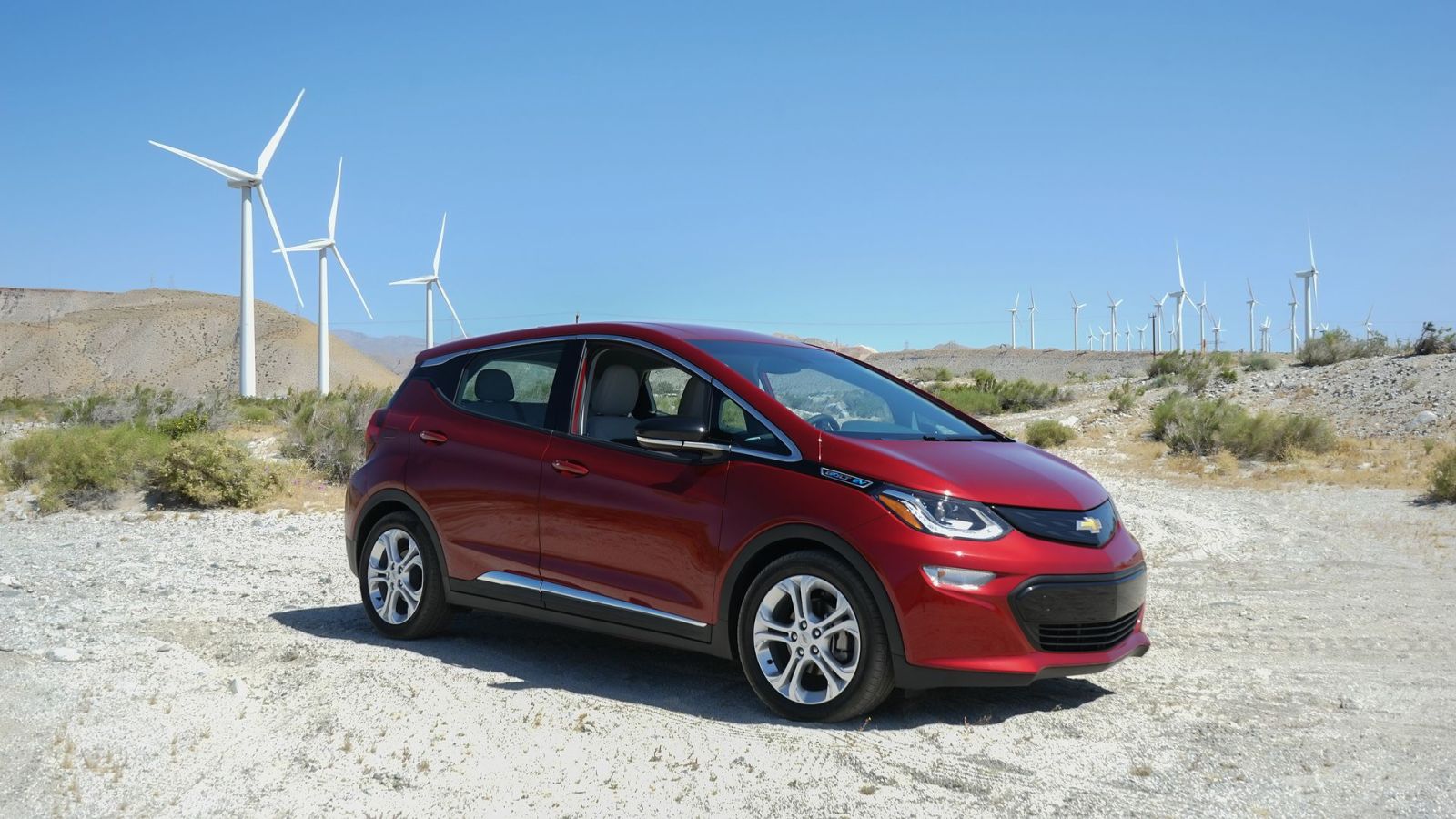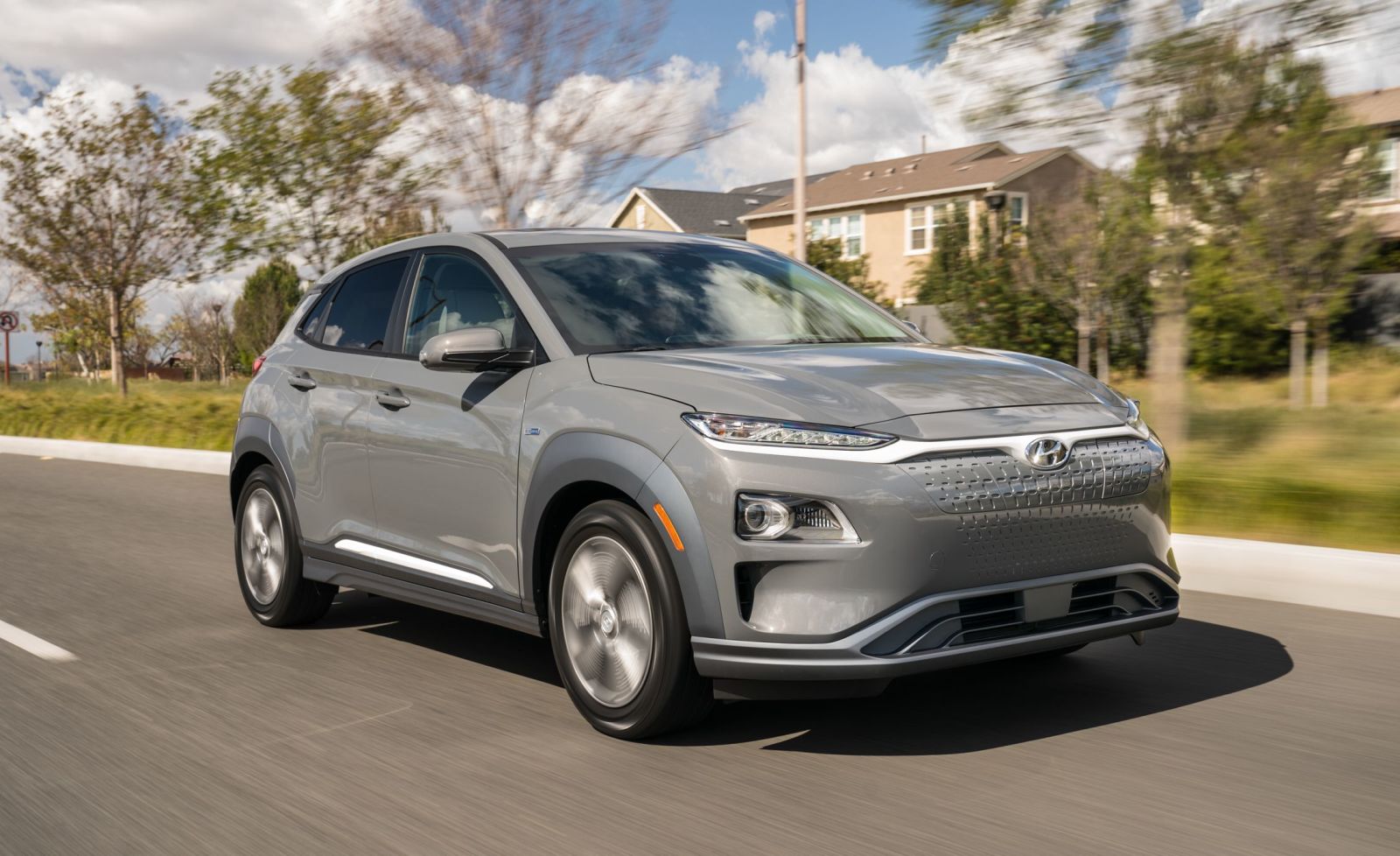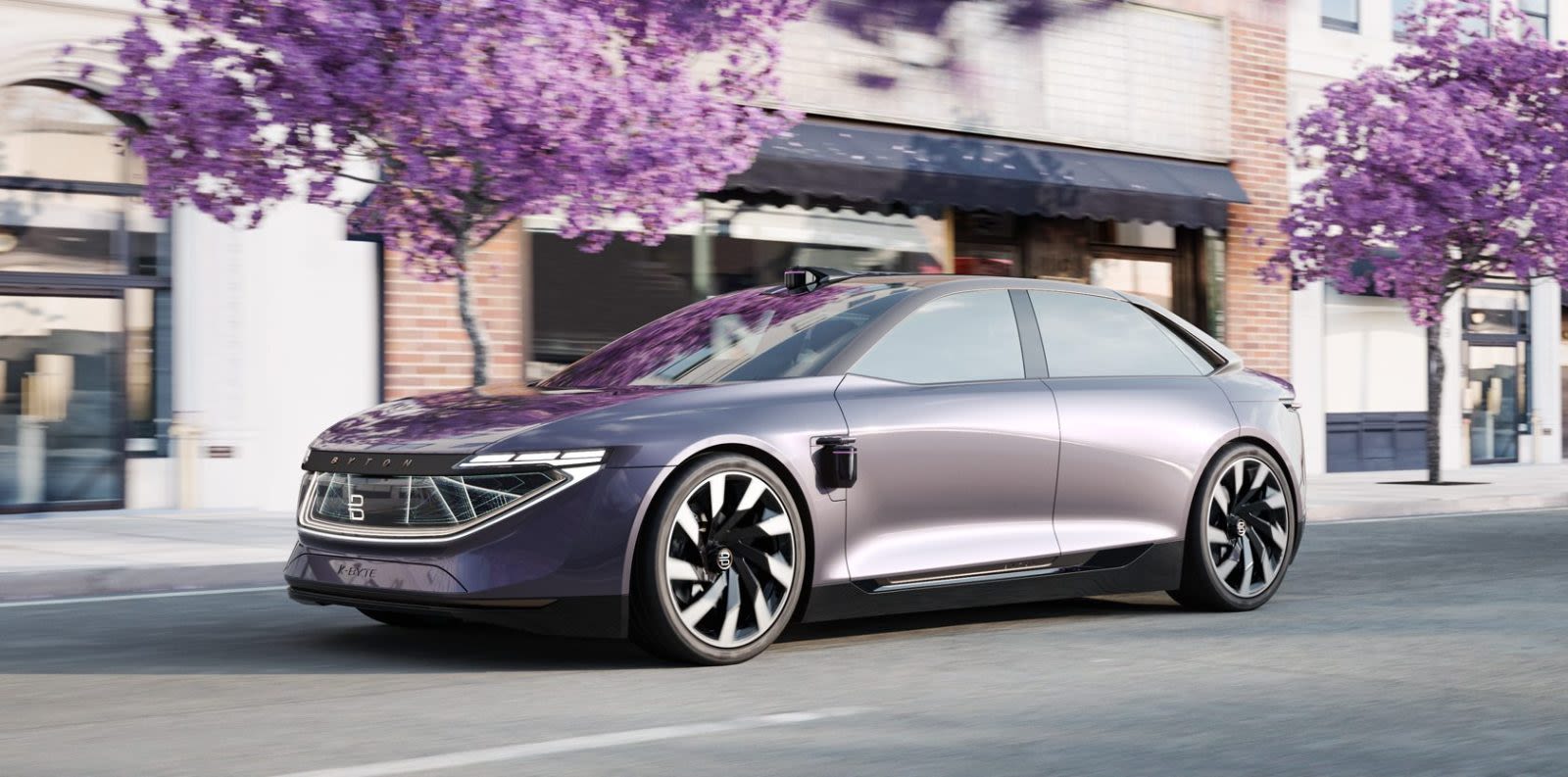
The United States electric vehicle tax credit system is haphazard, uncoordinated, and dumb. It has to go...
Disclaimers...
For sake of simplicity I’ll only be discussing this as it pertains to BEVs, hybrid vehicles won’t be considered
All numbers used in this are estimates and there are a few mismatched years of reference (all within the past 4 years), but they should be reasonably accurate (Ideally+/- 5%)
I happen to work within the electric vehicle industry so you may say I have a personal incentive to pitch an increase, I’ll do my best to keep things purely objective.
Let’s lay some baseline down before we get started, what are some of the main existing credits? I’ll use the following states in comparison to the US averages in order to attempt and draw some diversity in sampling.
- United States Federal Credit = $7,500*
- California State Credit = $2,500
- Colorado State Credit = $5,000
- New York State Credit = $2,000
- Indiana State Credit = None
* Diminishes per manufacturers total sales
As you can see there is a wide range of incentives available, and none seem to be properly defined based on the necessity of promoting EV integration in any given state. So this is what I will attempt to do below, draw out a methodology for calculating a minimum incentive on a state-to-state basis which seeks to properly account for the differences in vehicle use and cost of operation.

I’ll begin by making one clear assertion...
- Electric vehicle tax credits should exist to promote the transition to a more energy efficient transportation method
Under this assertion we have a clear metric we can look to work around, what is the increase in overall energy efficiency from switching from the average conventionally powered vehicle to an electric vehicle? Or rather what is the estimated full-life energy savings of operating an EV compared to the average vehicle in the United States?
- Average Gas Vehicle Consumption = 0.58 kWh/km
- Average Electric Vehicle Consumption = 0.20 kWh/km*
* This is a rough estimation, some new EVs actually come in under this mark
And if we considering an estimated percentage of US EV car sales vs total car sales in 2018 of 6%...
- Arbitrated US Average Vehicle Consumption = 0.56 kWh/km
This starts to give us a true picture of the energy savings of driving an EV compared to the average national consumption rate, this will serve as the backbone metric for assertions that follow.

As our primary context metric on a state-to-state basis let’s consider the average distance traveled per year of these vehicles in each state respectively, for arguments sake I’ll use the metric of distance traveled per licensed driver.
- US Average = 23,214 km
- CA Average = 23,230 km
- CO Average = 21,634 km
- NY Average = 19,100 km
- IN Average = 28,680 km
Which then gives an estimated average yearly consumption and estimated EV consumption of...
- US Estimated Consumption...
Average = 13,000 kWh
EV = 4,643 kWh - CA Estimated Consumption...
Average = 13,009 kWh
EV = 4,646 kWh - CO Estimated Consumption...
Average = 12,115 kWh
EV = 4,327 kWh - NY Estimated Consumption...
Average = 10,696 kWh
EV = 3,820 kWh - IN Estimated Consumption...
Average = 16,061 kWh
EV = 5,736 kWh

And as a secondary cost metric per state consider the average energy cost in each state...
- US Energy Cost = $0.12/kWh
- CA Energy Cost = $0.15/kWh
- CO Energy Cost = $0.11/kWh
- NY Energy Cost = $0.18/kWh
- IN Energy Cost = $0.11/kWh
Now this gives us everything necessary to give an estimated yearly operating cost difference for each EV, which I propose then comparing against the promised manufacturers warranty for the vehicle in question. As an example lets consider the Tesla Model 3's warranty period of 8 years, this gives us the following...
- US Lifetime Operating Value = $7,880
- CA Lifetime Operating Value = $10,183
- CO Lifetime Operating Value = $7,084
- NY Lifetime Operating Value = $9,617
- IN Lifetime Operating Value = $8,629
Using this analysis as a basis my proposed credit would be to install a federal minimum credit that covers the estimated average cost nationwide, and to place a conditional* requirement on each state to install a credit that covers the difference as it pertains to their state.
The resulting minimum contributions would be as follows...
- Proposed Federal EV Credit of $8,000
- California EV Credit Minimum of $2,500
- Colorado EV Credit Minimum of $0
- New York EV Credit Minimum of $2,000
- Indiana EV Credit Minimum of $1,000
* As far as the conditional nature of this proposed state-to-state credit minimum, I would propose setting targeted national take-rates and assessing each states compliance against that metric. In example California’s take-rate is around 10% while Indiana’s is only about 0.8%. I’ll avoid suggesting a specific correction method here as there are a number of factors that can keep this take-rate from increasing, but some sort of multiplier could be applied.
The true appeal of this style of standardized credit are it’s ability to follow a clear path of evolution as time goes on, accommodate state-to variations in cost of ownership, and account for manufacturer deviations. As an example consider the following deviating cases...
- An electric vehicle operating in California with a warranty of 5 years
Federal EV Credit of $5,000, California State Credit Minimum of $1,500 - An electric vehicle operating in Indiana with a warranty of 8 years but the federal take-rate is now 25%
Federal EV Credit of $6,500, Indiana State Credit Minimum of $500
I’ll cut myself off here, but convince me I’m wrong...
Some possible improvements to method of calculation...
Calculation of Arbitrated Average Vehicle Consumption on a State-to-State Basis
Calculation of a True Electric Vehicle Average Consumption in place of the 0.20 kWh/km estimation on a per-vehicle basis to be used as a total sales metric against automakers to promote exceptionally efficient EVs. (i.e. the new Hyundai Ioniq has a True Electric Vehicle Average Consumption of 0.15 kWh/km)
This method doesn’t account for leasing, metrics like % lifespan over leasing period could be reviewed here